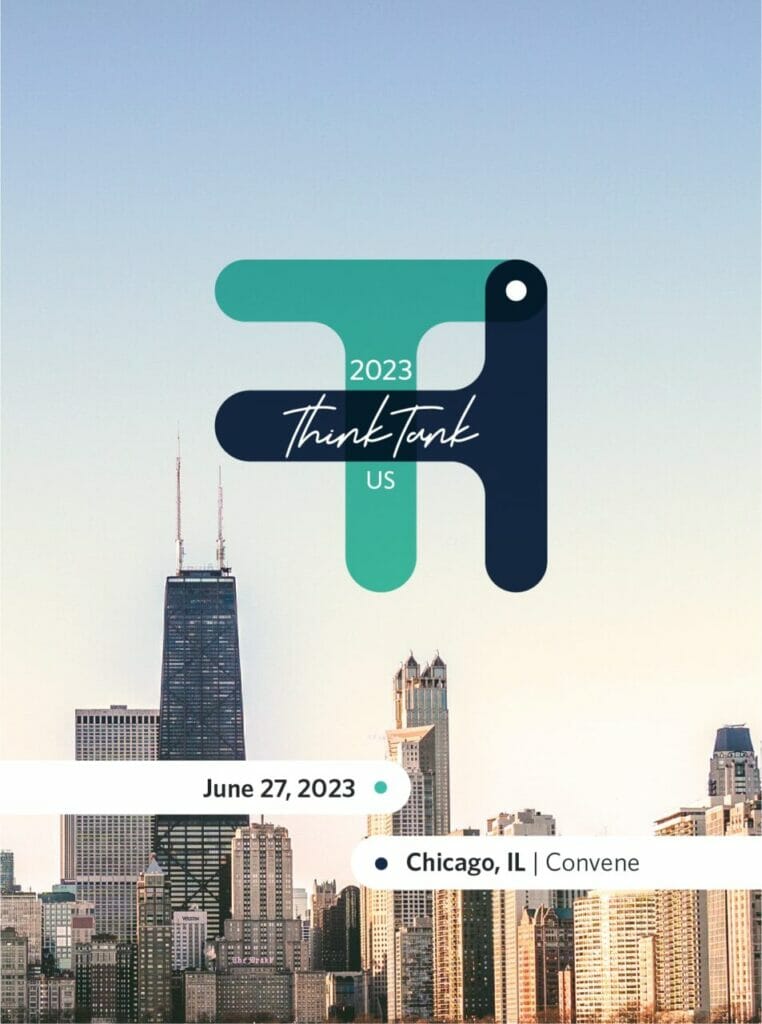If you’re managing an affiliate program you’ve probably dealt with paid search violations. These violations can be a big issue for an advertiser’s affiliate marketing program. A paid search violation is when an affiliate bids on a keyword, that you’ve restricted, in one of the search engines. Here’s an example.
Say your company website is www.acmewidgets.com and you are running an affiliate program. In your affiliate program you have restricted the use of the following terms; acme, acme widgets and acmewidgets.com. Here’s where the violation comes in. An affiliate joins the program and starts bidding on the term “acme widgets” in Google. That would be considered a paid search violation.
Many advertisers restrict the basic brand name and trade mark terms for their affiliate programs (as in the acme example above). Other advertisers take their restrictions a step further and put in place other paid search policies for their affiliates. Below are some examples of additional policies using Acme Widgets.
Protected Keywords
Affiliates are prohibited from bidding on the following keywords in any phrase type, variation or misspelling; acmewidgets, acmewidgets.com, acmewidgets + term (example: acmewidgets coupon or acmewidgets deals).
Non-Compete Keywords
Affiliates are allowed to bid on the following keyword terms but must not outrank the advertisers in the search engines; acme widget products, acme widget services and acme widget clearance items.
Prohibited Display URL Content
Affiliates are prohibited from using the following terms in the display URLs of their search marketing campaigns; www.acmewidgets.com and www.acme-widgets.com.
Prohibited Ad Copy Content
Affiliates must not use the following ad copy in their search marketing campaigns; lowest prices, largest selection and free shipping.
Direct Linking Restrictions
Affiliates are not allowed to link directly from the paid search ad to the acme widgets domain.
Advertisers may utilize some or all of the polices above in their paid search terms depending on their internal paid search strategy. It’s always best to have the affiliate management team or agency consult the internal or external paid search team when setting up the restrictions.
When Versa Marketing is managing an affiliate program we generally recommend putting in a place a bidding restriction on the advertiser’s brand name term. If a potential customer is typing the advertisers name into a search engine they already know of the advertiser and are intending to go to their website. There’s not much reason to allow an affiliate to insert themself into the process. Although it’s been argued that an affiliate can “prime” the customer for conversion prior to them reaching the advertisers site. Either way, a conversation to talk through these points can help flush out the overall paid search strategy.
To monitor restricted we recommend a tool called BrandVerity. This tool allows an advertiser, or their agency, to set up a monitoring policy for the restrictions. After the policy is set up daily or weekly alerts can be sent to the affiliate manager and action can be taken on the violators.
Setting up the right paid search policy is critical for an affiliate program and will alleviate affiliate and advertiser frustrations down the line. If you need help setting up a policy please feel free to reach out to our affiliate management team.
Posted By Joel Wood
Affiliate Paid Search Restrictions
07.09.2012





